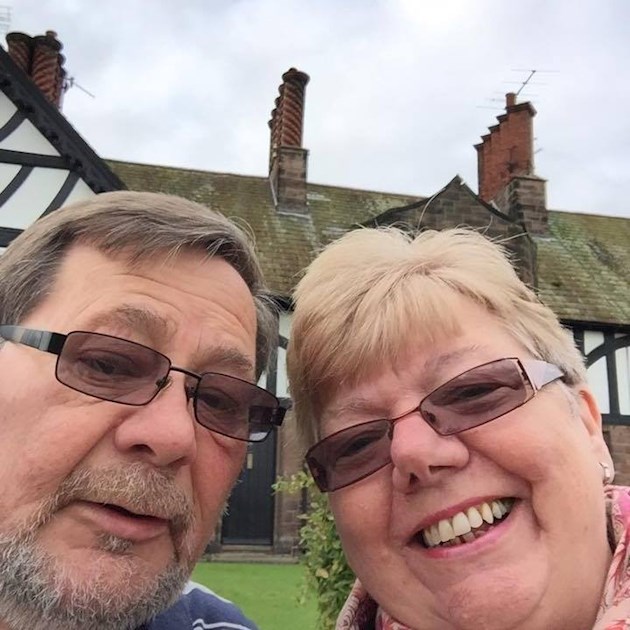Went to see my husbands oncologist Monday following the recent CT scan. We both went in with intrepidation but the news was fantastic. The tumour has shrunk again and some that had disappeared has not returned.
In January 2017 we were hit with the news that he had lung cancer. It's been a roller coaster for the last 9 months due to the side effects of Gefitinib but this latest news is the reward. It's not a nice drug but it's doing it's job in his fight against the cancer. My husbands positive attitude right from the beginning has been fantastic too.
Today is his 70th birthday so we are off out to celebrate his birthday and the latest news about his cancer.
Hope you all have a great day too.
